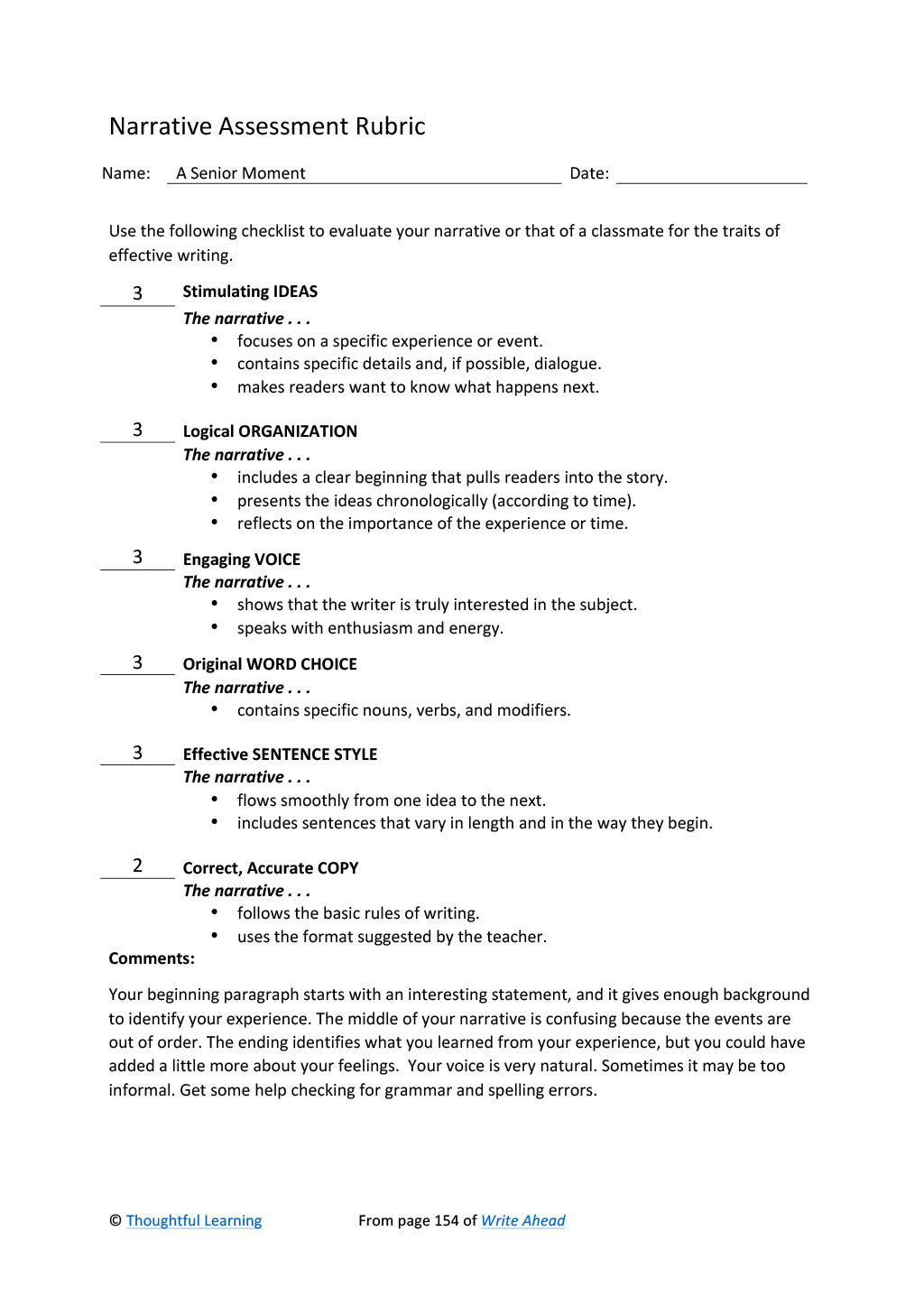
But new research is uncovering something else - something that on the surface seems pretty scary. These are things that can be changed, up to a point. And many medicines - including common drugs to reduce stomach acid, control asthma or treat depression - can slow the brain down. Poor sleep or excess alcohol are enemies of a nimble brain. High blood pressure damages the wiring that connects different parts of the brain. There are lots of reasons why brains get sluggish. "Through much of our lives, it was this wonderful gift - we wanted some information and bang, it came to us." "What's common as people age is that the speed at which information can be retrieved on demand is slowed," Daffner says. On top of that, there's a slowing down of the way the brain works. When you're not, you may not retrieve that memory.

When you're paying attention to all those things, even on a subliminal level, these piece help you remember that you shut the door. When you shut a door, for instance, your brain registers the feeling of your push on the door, the sound of the slam, an image of what room you were in, what you did next. Hersch scored in the normal range, but Daffner checks up on her every six months or so to see if there's any change.ĭaffner says much of the time, what people experience as a memory problem is really a not-paying-attention problem.Ī memory is made up of a lot of different pieces, stored in different parts of the brain. They're designed to see if a person can encode new memories, manipulate the information and recall it.
#First senior moment series
Daffner is editor of a just-published report on age-related memory loss.ĭaffner put Phyllis Hersch through a series of memory tests: repeating back strings of words and numbers, some mental arithmetic, and so on. Kirk Daffner, who directs the Mind-Brain Center at Brigham and Women's Hospital in Boston. "Because of the situation with him, I worry," she says. "It's really important for people to feel they've been heard and they're being taken seriously." "And if your primary care doctor simply dismisses your questions as 'you're getting old,' and you or your family find that the problems are interfering with your life, advocate for some sort of formal evaluation," Daffner says. But if a previously familiar word means nothing to you, especially if that occurs repeatedly, ask your doctor about it. If you're slow to come up with a word you want sometimes, don't worry. "If you frequently get lost in familiar places, that's far more concerning." "Occasionally making a wrong turn when you think you know where you're going is not worrisome," Daffner says.

But if you consistently have no memory of events, even when others give you clues, that's a real concern. It's common to occasionally not recall an event or a conversation. But if you have no recollection of having met a person you know, that could signal a problem. If you don't immediately recognize somebody you meet outside their usual context - say, a coworker you see at the grocery store –- that's normal.

"But if they consistently can't recall the names of close friends or family, that's a red flag." "If someone has reduced or slowed ability to retrieve names of friends and acquaintances – especially those they've recently met – that's probably very benign," Daffner says. Kirk Daffner, a Harvard brain specialist, has these tips: When is a memory slip of the brain nothing to worry about, and when should it trigger a question to your doctor?ĭr.


 0 kommentar(er)
0 kommentar(er)
